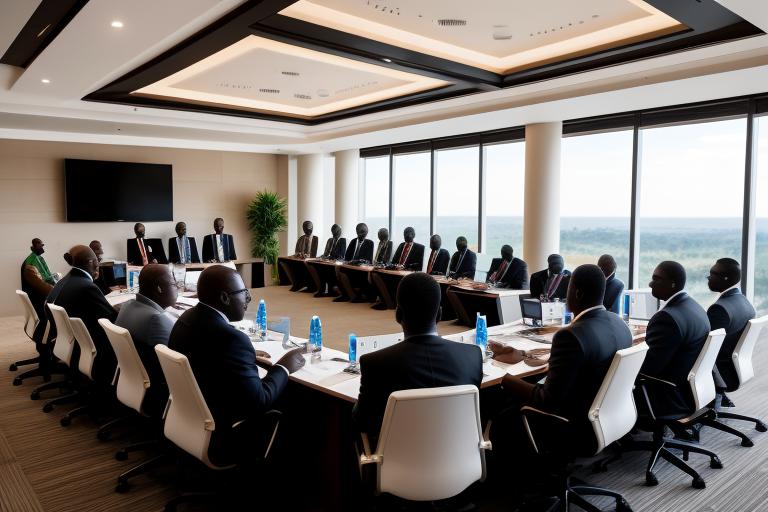
Recent insights from FDI Intelligence highlight the challenges hindering the effective implementation of the African Continental Free Trade Area (AfCFTA) among African nations. These challenges, compounded by infrastructure deficits and limited access to finance, pose significant barriers to achieving a unified African market. As of May 30, 2024, the AfCFTA has been in force for five years. While trade commenced under the AfCFTA framework in January 2021, progress has been gradual. Initiatives like the AfCFTA Guided Trade Initiative (GTI) are currently underway, aiming to test the procedural frameworks for preferential trade.
Despite commitments to remove tariffs on 90% of products, many countries have yet to incorporate AfCFTA preferential tariff rates into their national schedules. The International Trade Centre (ITC) notes uncertainties regarding the AfCFTA’s full impact due to cautious implementation by African nations. The aspiration to establish the world’s largest free trade area for 1.3 billion people remains aspirational.
While 54 out of 55 African Union member countries have signed the AfCFTA and 47 have ratified it, intra-African trade has seen limited improvement. In 2023, intra-African trade totaled $85.3 billion, comprising just 11.8% of total African trade, down from 13.2% in 2019. Globally, intra-African trade declined from 14.5% in 2021 to 13.7% in 2022, according to UN data. Informal trade, not captured in official statistics, underscores the need for comprehensive data on trade flows.
The article identifies several obstacles hindering the goals of the African Continental Free Trade Area (AfCFTA). These include the slow ratification process, with seven countries yet to complete internal approvals despite 47 countries ratifying the agreement overall. There are disparities in implementation capacities across nations, with fewer than ten countries having fully operational domestic AfCFTA frameworks. Integrating Sub-Regional Economic Communities (RECs) to harmonize regulations remains complex despite their role in African integration. Limited access to finance, estimated at up to $120 billion annually, poses challenges for African businesses. Inadequate transport and logistics infrastructure, such as poor roads and ports, further hinder efficient trade across the continent.
These challenges collectively impede AfCFTA’s objectives of boosting intra-African trade and attracting foreign direct investment (FDI), emphasizing critical areas needing attention for the agreement’s success.
The cautious approach to AfCFTA implementation highlights the need for coordinated efforts to overcome these challenges. Swift action is essential to realizing AfCFTA’s potential and fostering a thriving, integrated African market.
For further insights into AfCFTA’s implementation challenges and impacts, read the detailed article from DDCustomsLaw here.
